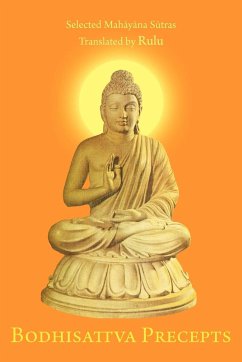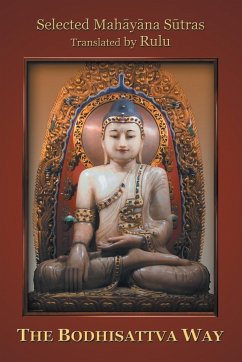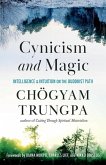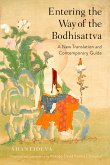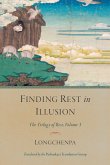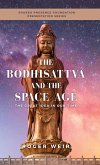The spiritual training of a Buddhist comprises the Three Learning: precepts, meditation, and wisdom. Observance of precepts is the foundation of one's spiritual journey to Buddhahood. Classified into three clusters-restraining precepts, precepts for doing good dharmas, and precepts for benefiting sentient beings-Bodhisattva precepts are called the three clusters of pure precepts. This book, Rulu's third, presents seven s¿tras in English, all translated from texts in the Chinese Buddhist Canon. Five of these seven English translations have never before been published in book form. S¿tras 1 and 2 cover the ten good karmas; S¿tra 3 teaches repentance of sins; S¿tra 4 expounds the Mah¿y¿na Vinaya; S¿tras 5-7 each contain time-honored Bodhisattva precepts. S¿tra 6 is the well-known Brahma Net S¿tra; S¿tra 7, S¿tra of the Up¿saka Precepts, also covers the six p¿ramit¿s in detail. Buddhist terms are explained in the glossary. The translator's introduction presents sets of Buddhist precepts and describes the arrival of the H¿nay¿na Vinaya in China. It explains the development of the Vinaya School, a Mah¿y¿na school originated in China, and summarizes its tenets. It compares voice-hearer precepts with Bodhisattva precepts, and discusses five texts of the latter. It also touches on selecting those Bodhisattva precepts that suit our modern times. Such precepts will be fewer in number but complete in spirit. Buddhist or non-Buddhist, those who seek to benefit themselves and others need to learn and observe such Bodhisattva precepts.
Bitte wählen Sie Ihr Anliegen aus.
Rechnungen
Retourenschein anfordern
Bestellstatus
Storno

